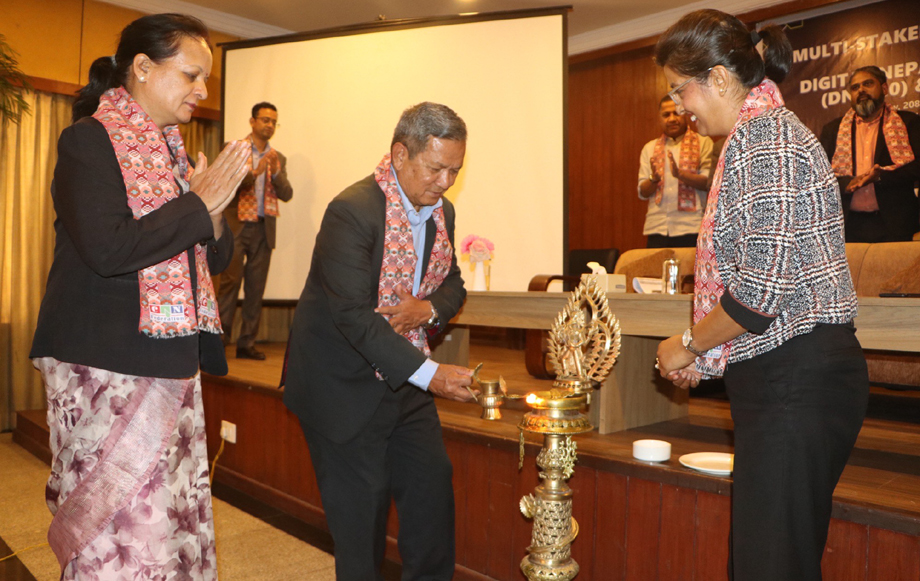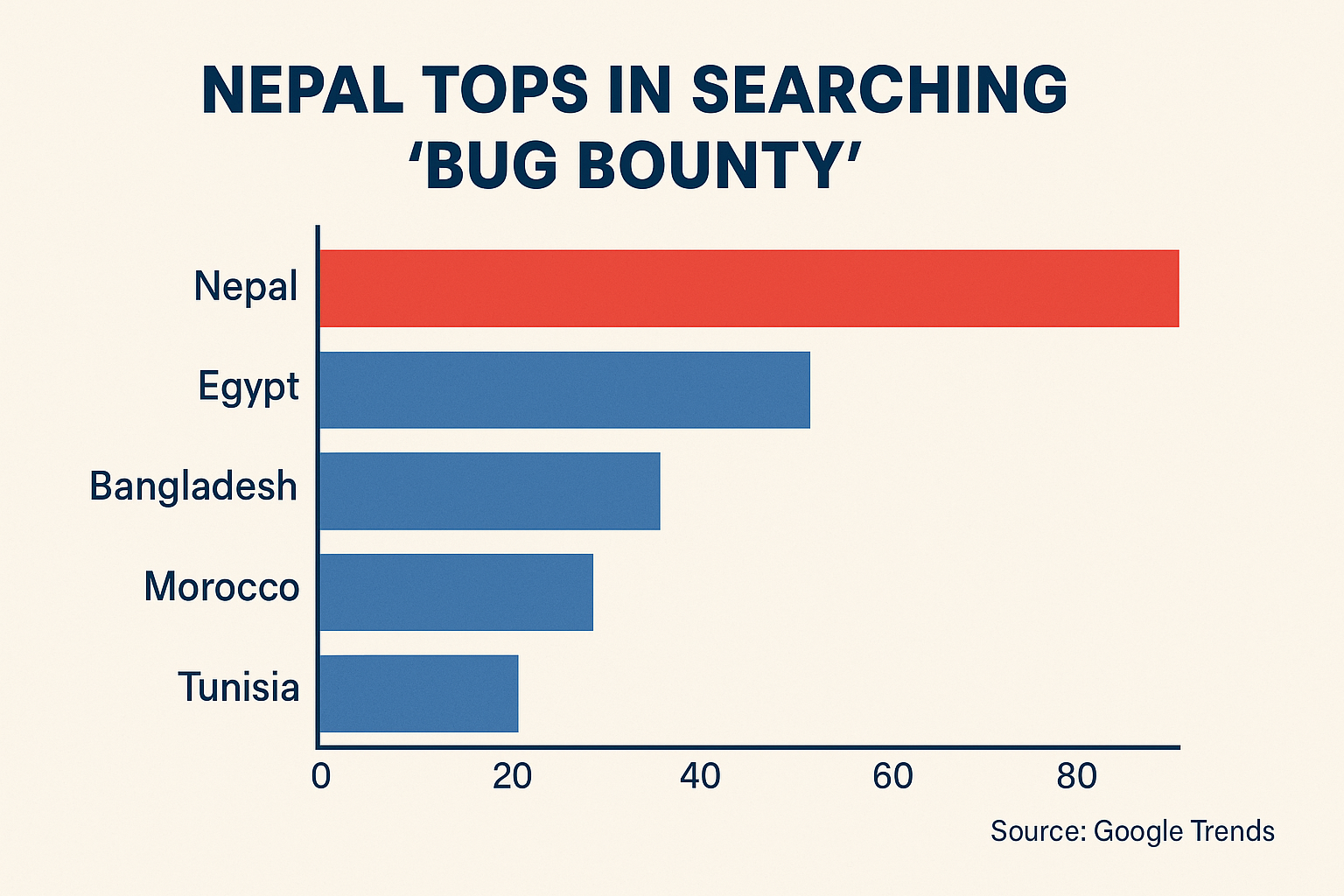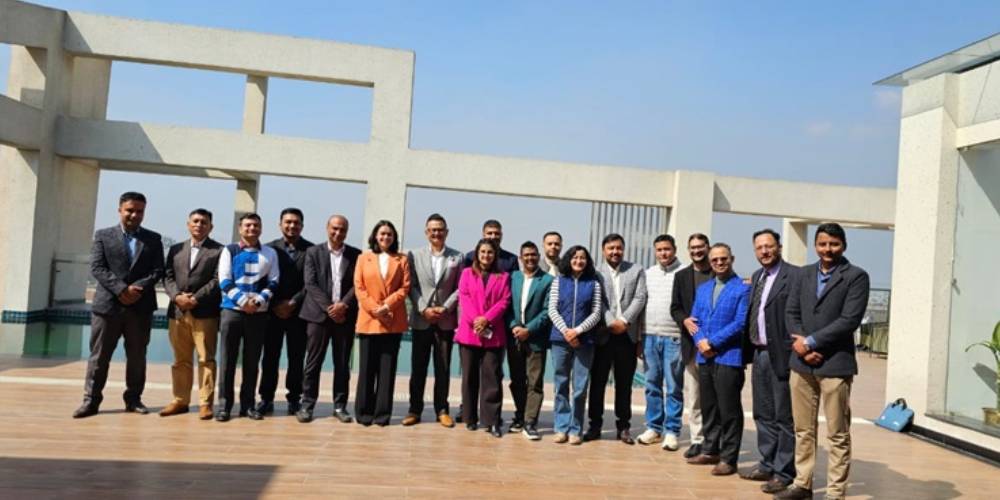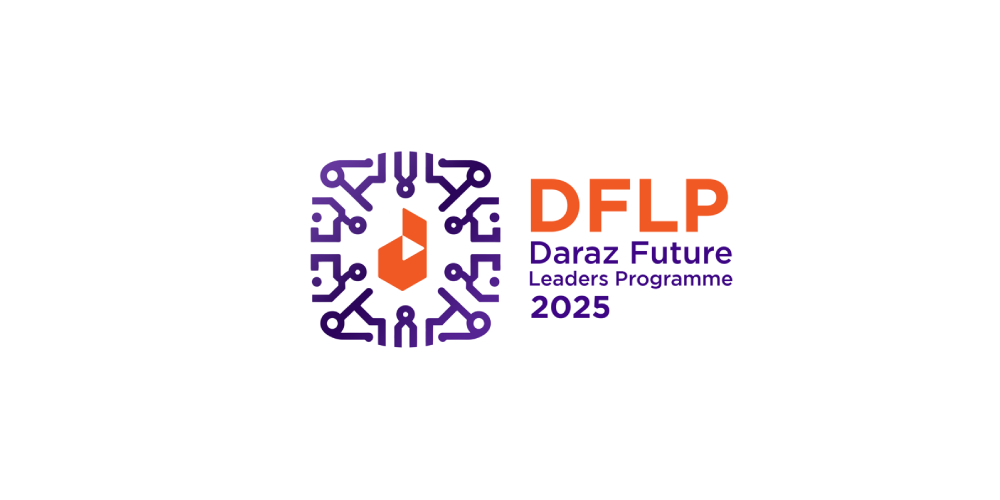Kathmandu-Nepal’s 2082/83 fiscal year budget was unveiled with the usual fanfare around digital transformation, but the excitement quickly faded among IT professionals, entrepreneurs, and industry experts. While the government touted “Digital Nepal” as a key focus, the reality on the ground paints a different picture—one of missed opportunities, inadequate funding, and a lack of clear strategy.
Deputy Prime Minister and Finance Minister Bishnu Prasad Paudel presented the budget before the joint parliamentary session on Thursday, promising Rs. 74 crore dedicated to digital infrastructure and ecosystem development. However, this figure has been met with widespread skepticism and even ridicule from those who understand the scale of Nepal’s digital ambitions and challenges.
A Budget That Feels More Like a Symbolic Gesture Than a Serious Commitment
Chiranjivi Adhikari, Senior Vice President of the Computer Association of Nepal (CAN) Federation, voiced the frustration felt by many in the sector: “Allocating Rs. 74 crore for digital infrastructure is laughable. This amount barely covers the cost of drafting a master plan, let alone actual implementation.”
Adhikari further criticized the government’s failure to recognize the IT industry as a “special industry,” a status that would unlock critical benefits such as tax breaks, subsidized utilities, and investment incentives. “We have been asking for this designation for over a decade. Instead, the government continues to offer empty promises disguised as support,” he said.
The absence of a clear roadmap on how the allocated funds will be utilized or what kind of public-private partnership models will be pursued adds to the uncertainty. “If the government wants to involve the private sector meaningfully, it must invest alongside us and take ownership stakes in projects. Agencies like Nepal Telecom or Nepal Electricity Authority could be key partners, but that requires strategic long-term planning, which is missing here,” Adhikari emphasized.
IT Parks and Data Centers: Ambitions Without Substance?
One of the few highlights in the budget was the announcement of a new IT park in Kathmandu. Yet, this news was met with cautious skepticism rather than celebration.
Adhikari warned, “We’ve heard promises of IT parks before. Will this one become another Banepa IT Park—a project that now stands as a symbol of failure due to neglect and poor management?”
Data centers, a critical component of Nepal’s digital infrastructure, were barely mentioned beyond vague references. This drew sharp criticism from experts like Pradeep Lamichhane, a researcher at Mercantile Data Center, who accused the budget of favoring politically connected companies rather than building a cohesive national strategy.
“While the government talks about incentives like land, electricity, and tax breaks for new data centers, existing Nepali-run data centers such as Cloud Himalaya, Access World, Data Hub, and Silver Lining receive no support,” Lamichhane pointed out.
He added, “If strengthening Nepal’s digital sovereignty was truly the goal, we would see plans for secure, research-oriented data centers developed in partnership with universities and the private sector. Instead, this budget looks like a setup for cronies.”
Lamichhane also highlighted the massive scale of investment required to build a robust AI and data infrastructure. “Even a trillion-rupee budget wouldn’t be enough without policy reforms and a long-term vision, none of which are evident here.”
Startups Still Struggling Under Heavy Tax Burdens
Nepal’s startup ecosystem, often hailed as a beacon of youth entrepreneurship and innovation, continues to face uphill battles. Bijay Shrestha, Chair of the IT Division at the Nepal Chamber of Commerce, expressed his dismay at the government’s approach.
“Startups are subjected to VAT, TDS, rent tax, and salary tax from day one. Then the government offers to exempt income tax, which is frankly insufficient,” Shrestha said.
He argued that for startups to survive and thrive, the government must waive all taxes for at least the first ten years. “Startups need breathing room to overcome initial challenges. Without this, they are drained of resources before they can contribute meaningfully to the economy.”
Missing the Mark on Skills Development and Talent Retention
Another glaring omission in the 2082 budget is the lack of investment in human capital and IT skills development. Manohar Bhattarai, an IT expert, highlighted this critical gap.
“Nepal has yet to build a strong IT workforce. Worse, we’re losing the few skilled professionals we have to foreign markets. Without a clear strategy for education, training, and retention, Digital Nepal remains a pipe dream,” Bhattarai said.
He stressed that digital transformation starts with people—training, upskilling, and creating opportunities to keep talent within the country. Unfortunately, the budget contains no dedicated funding for these essential areas.
Even the Digital Nepal Framework, which the government claims to revise and implement, lacks an allocated budget line. “How can you expect to roll out a framework with no financial backing?” Bhattarai questioned.
OTT Regulation: A Complex Challenge Ahead
Among the government’s many promises was a plan to regulate Over-the-Top (OTT) platforms. While this may sound like a step toward modernizing digital governance, experts warn that the issue is far from straightforward.
Binay Bohora, former President of the Internet Service Providers’ Association of Nepal (ISPAN) and Managing Director of Vianet, explained the complexity: “Who exactly are we regulating? Netflix and Prime Video? Or platforms like YouTube, Facebook, and Telegram?”
Bohora cautioned that poorly conceived regulations could stifle innovation or infringe on freedom of expression. “This is a delicate area that requires nuanced laws, not knee-jerk policies,” he said.
A Few Bright Spots, But Not Nearly Enough
Despite the widespread criticism, some experts acknowledged incremental progress. Digital economist Amrita Sharma and researcher Dr. Rajiv Subba noted that the government has made efforts to digitize public services such as education, health, land registration, and governance.
“We’re seeing steps in the right direction,” Dr. Subba said. “However, the budget’s scale is insufficient to cover the infrastructure needs. Digital literacy campaigns will help, but they cannot replace long-term investments in systems and research.”
The Bottom Line: A Budget of Missed Opportunities
The 2082 budget, while packaged with the glossy slogan “Digital Nepal,” falls short of inspiring confidence among Nepal’s IT community. The paltry allocation for digital infrastructure, lack of support for existing data centers, burdensome taxes on startups, and absence of investment in skills development all point to a government still struggling to treat IT as a serious economic driver.
Without a clear roadmap, meaningful funding, and genuine public-private collaboration, Nepal’s digital future remains uncertain. The government’s repeated symbolic gestures have failed to translate into real progress, leaving industry leaders and entrepreneurs frustrated and disillusioned.
Nepal’s youth are eager to innovate and lead in the digital economy, but they need a supportive environment—one that encourages investment, nurtures talent, and builds sustainable infrastructure. Until policymakers recognize this and commit to actionable plans, Digital Nepal will remain little more than a slogan.





























Comments